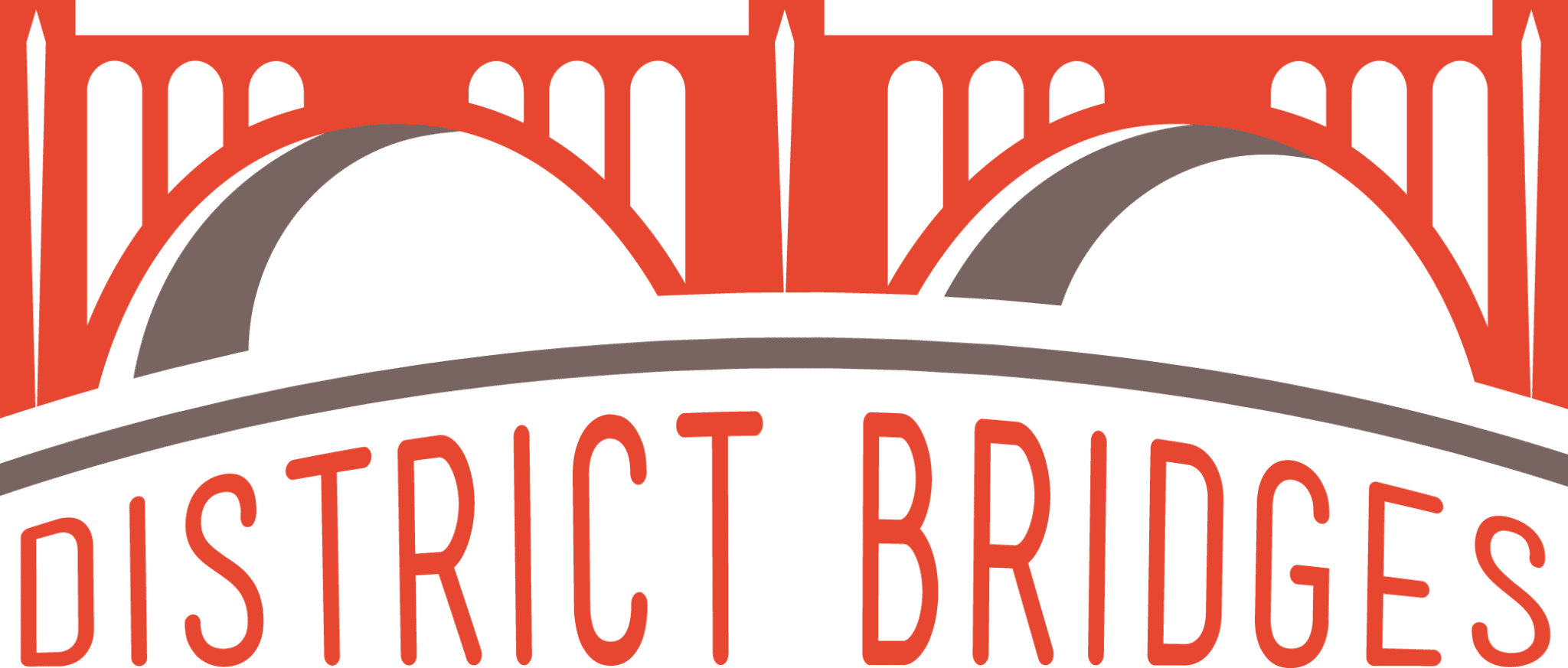Community Navigation
It shouldn’t be the responsibility of the individual in crisis to navigate a broken and fragmented system.
About Community Navigation
District Bridges’ Community Navigation Program takes a human-centric and place-based approach to hyperlocal connective social services and place management.
Our holistic strategy aims to create a vibrant and healthy public space through consistent activation with free and accessible community events, resident engagement, coalition building with city agencies and neighborhood stakeholders, and connective social services for Ward 1 residents through dedicated street outreach to those experiencing substance use disorder and housing insecurity.

Community Care Information
Free Emergency Shelter Transportation 24/7: 202-399-7093
DBH/CRT: 202-673-6495
Community Bridges/ Stabilization Center: 35 K Street NE, Washington, DC 20001, and is open 24 hours a day 7 days a week: 202-839-3500
Psychiatric Institute of Washington: 202-885-5600
The Washington Legal Clinic for the Homeless: 202-328-5500
If this is non-life threatening or if you are concerned with a community member reach out to a Community Navigator from District Bridges at 202-240-2665 and we will try to reach that individual. In the event that it becomes necessary to contact emergency services for a mental health crisis, you may request the assistance of a Crisis Intervention Officer (CIO) when you call 911.
Program Background
Today, the Community Navigation program currently serves in Ward 1 in coordination with District Bridges four Ward 1 Main Street programs, including Columbia Heights, Mount Pleasant, Lower Georgia Avenue, and U Street. The program has eight full-time Community Navigators who do weekly street outreach to build trusted relationships with residents who are struggling with substance use disorder, housing insecurity, mental and health issues, and a host of other challenges.
In 2021, District Bridges’ Columbia Heights Main Street launched a pilot program called A Civic Plaza for All. Funded through a grant from the National Association of City Transportation Officials (NACTO), the goal of the pilot was to activate the Columbia Heights Civic Plaza with community events and an outdoor dining area. The pilot program, launched during the COVID-19 pandemic, faced significant challenges out of the gate. District Bridges realized quickly that the space would require a more comprehensive approach, including strategies to address housing insecurity and behavioral health challenges experienced by a large number of residents frequenting the public space.
In 2022, District Bridges received funding from Councilmember Brianne Nadeau to build on the lessons learned the year before, and to hire 2 new full-time staff dedicated to the neighborhood. A four-pronged approach was developed to manage the public space: physical maintenance and space improvements; connective social services; business engagement and support; and space activation. Using established networks and building new partnerships to address these core areas, District Bridges began mapping the ecosystem of the Civic Plaza to gain an in-depth understanding of the root causes of the issues. As a result of the efforts and gains through this approach, District Bridges received funding to continue to expand upon the pilot into 2023.
Over the last three years, the pilot has worked to address maintenance of the public space, public programming, and providing connective services to some of our most vulnerable residents who frequent the plaza. This report covers our lessons learned, key findings & recommendations that have and will shape the future expansion of this program.
